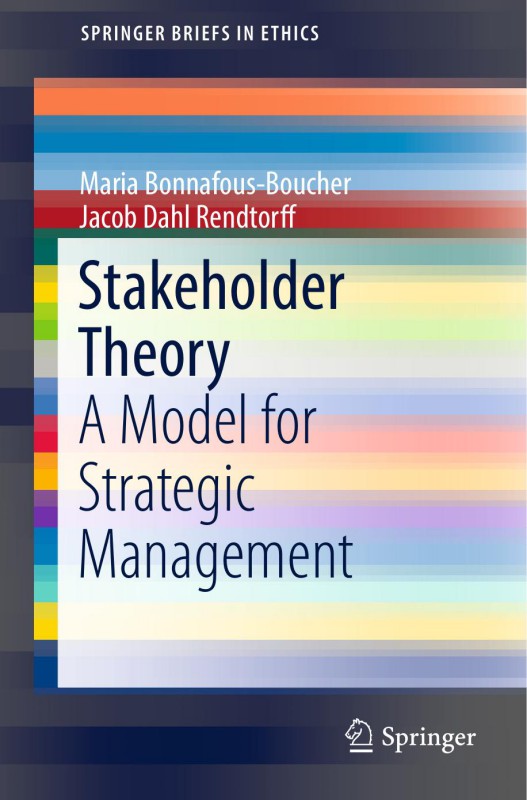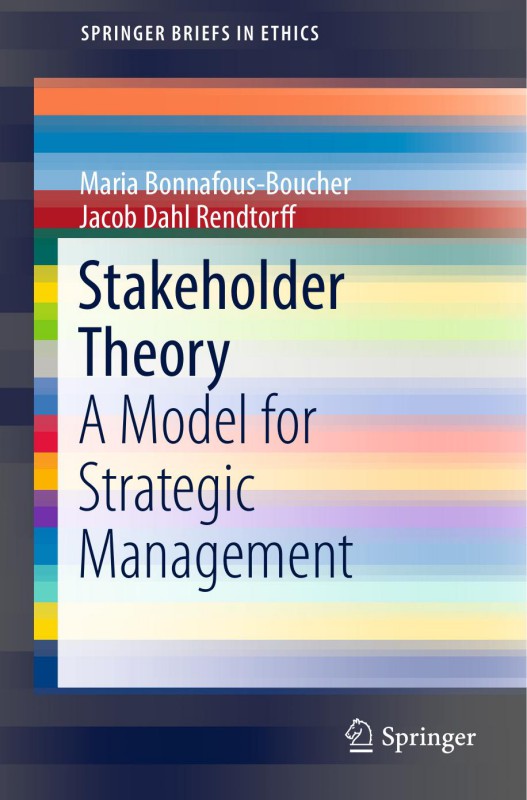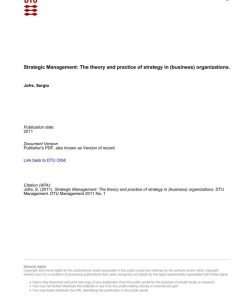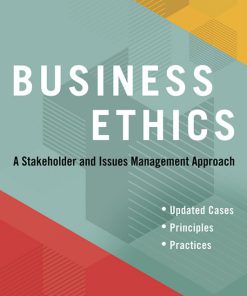Stakeholder Theory A Model for Strategic Management 1st edition by Maria Bonnafous Boucher, Jacob Dahl Rendtorff 9783319443560 3319443569
Original price was: $50.00.$25.00Current price is: $25.00.
Authors:Maria Bonnafous-Boucher; Jacob Dahl Rendtorff , Series:Management [203] , Tags:Philosophy; Ethics & Moral Philosophy; Business & Economics; Management Science; General , Author sort:Bonnafous-Boucher, Maria & Rendtorff, Jacob Dahl , Ids:9783319443553 , Languages:Languages:eng , Published:Published:Nov 2016 , Publisher:Springer International Publishing , Comments:Comments:This book provides an academic introduction to, and presentation and defence of stakeholder theory as a model for the strategic management of businesses and corporations, as well as of public organizations and institutions. The concept of the stakeholder is generally applied to parties that affect or are affected by the activities of private or public organizations. Distinct from shareholders, stakeholders are those individuals, entities or communities that have a connection with the activities of a corporation, a firm or an organization. The notion of the stakeholder is intimately linked to a conception of the business firm as an entity founded on negotiated governance, in which the maximization of value for the shareholder is not the ultimate criterion. In this model, issues and interests that are not directly associated with shareholders and investors, but which go beyond capital to encompass the concerns of civil society, are considered to be of central importance. This book provides a broad overview of stakeholder theory, presenting it as an ethical approach to strategic management that is both pragmatic and applicable to developing democratic practices within corporations, while at the same time suggesting ways in which elements of a social contract can be elaborated within the context of globalization.













